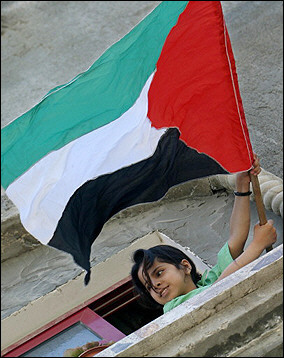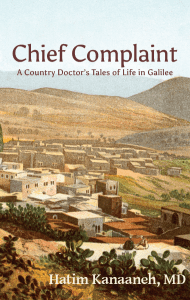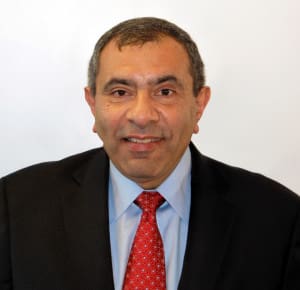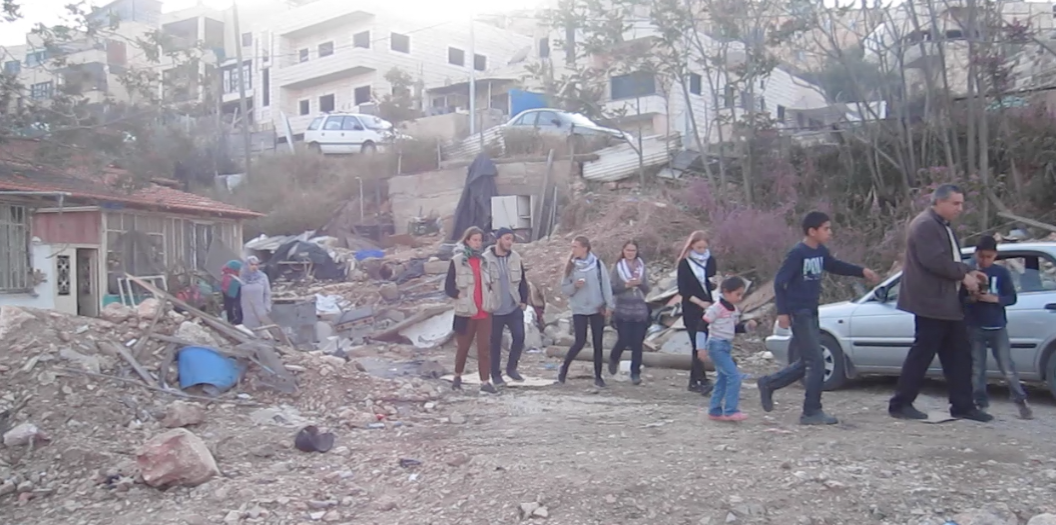This article first appeared on Counterpunch.
Fluorescent lights burn in the homes of Palestinian activists 24 hours a day now. Ambiguity is evaporating. Options lie on the rock-strewn tarmac near the physical and figurative checkpoints – more stark, more risky, yet more promising than in the last 20 years.
“Is this good?” some ask, motioning to the TV.
“Is this bad?” others ask, pointing at the smartphone.
“We don’t know yet.”
1936-1948-1967-1973-1982-1987-1993-2000-2008-2012-2014
Will 2015 also have a section in undergraduate Middle East textbooks? Will the sub-title read: “End of the Israeli-Palestinian conflict”?
The status quo was temporary—that was understood. So why are newscasters surprised that the rubble it was built on has shifted, eroded, dissolved? Although the world knew the status quo was unsustainable, a viable Plan B never coalesced. So now, after decades of evidence that Palestinians would not surrender, it is happening. Label it whatever you wish.
Between the stabbing and lynching and stoning and demolishing, some people are appealing for calm. But sadly, when things are calm the most we can hope for is more talk about more talk. Death and injury are tragic, but they have propelled us to this crossroads. Now, good people who have for decades signed petitions for peace have to commit more. We have to run forward through the metaphorical tear gas to reach the future that awaits us on the other side – even if we have not yet envisaged it. If we hesitate we may miss this moment of possibility.
Possibility? Yes, for it may be, I contend, a “perfect storm” of possibility.
- Never before has Israel made itself so difficult to defend in the court of popular opinion by people who claim to represent the civilized world.
- Never before has the Palestinian Authority been more exposed as an obstacle to Palestinian liberation, catering to foreign and Israeli interests at the expense of its own people, and thoroughly despised for it.
- Never before has the global solidarity community been more organized and empowered, including the boycott, divestment and sanctions (BDS) activists and anti-Zionist US Jews.
- Never before have international donors been more tired, more over-stretched and more anxious for a viable alternative to the “peace process” charade and the financial and political costs of going along with it.
None of this would matter, though, without the youth. As in the first Intifada, young Palestinians acting out of conscience and desperation are not waiting for political parties or responding to wrinkled leadership. They leave home, school and work and flock to flashpoints to taunt soldiers, an ostensibly doomed strategy, and yet, it has impact. For now, again, the world is looking at Palestine and Israel, and more than ever before, they are seeing the truth: The Israeli occupation must end.
But what will happen if the Israeli occupation ends? Do we—Palestinians and global allies—know what we are fighting for? Or do we only know what we are fighting against?
In Egypt, Algeria, Iran and other places where inspiration turned into disappointment, smart and fearless heroes and sheroes sought to reclaim history for the people. But good did not come from bad, just more bad. How can we learn from the past, avoid a power vacuum, and finally (finally!) enable Palestinians to unite their people on their land and build a society with dignity?
It depends:
- Will local leaders emerge to harness these disparate possibilities into a strategy?
- Will local thinkers formulate a bold vision for a just settlement that captures the hearts of decent Palestinians, Israelis and global justice advocates?
- Will the movement be diverse, inclusive, geographically integrated and democratic?
- Will global solidarity expand beyond the usual suspects in response to local calls against Israeli impunity, thus cracking the long-standing global complicity?
Surprisingly, I am hopeful. For we have tried every process and arrangement and mechanism and have learned that stopgap measures and temporary agreements are impotent. It will take guts to permanently end the Israeli-Palestinian conflict, but not more guts than we have shown in generations of fighting. It is time – right now – to try the only option not yet tried – true justice and genuine peace.



